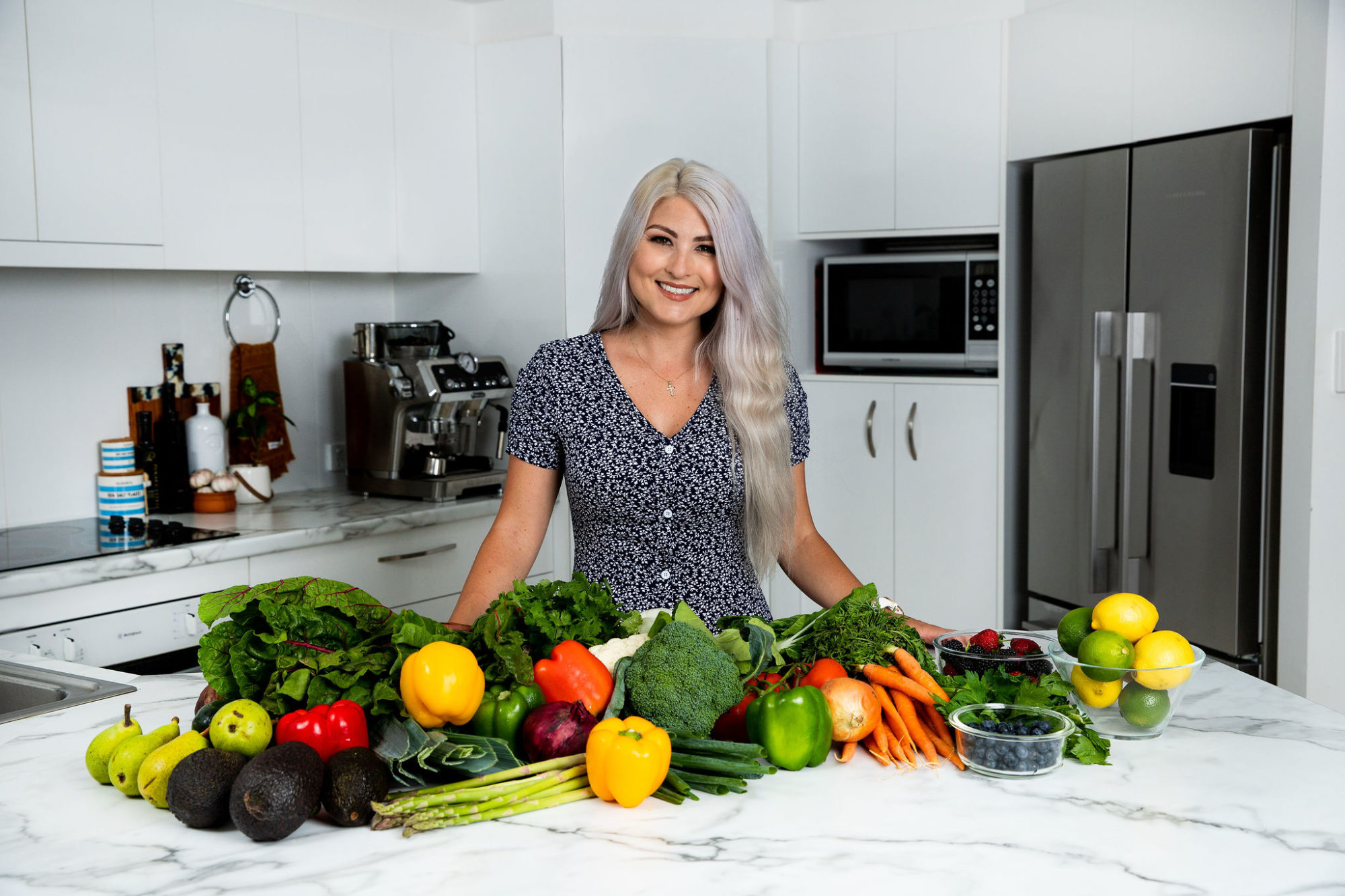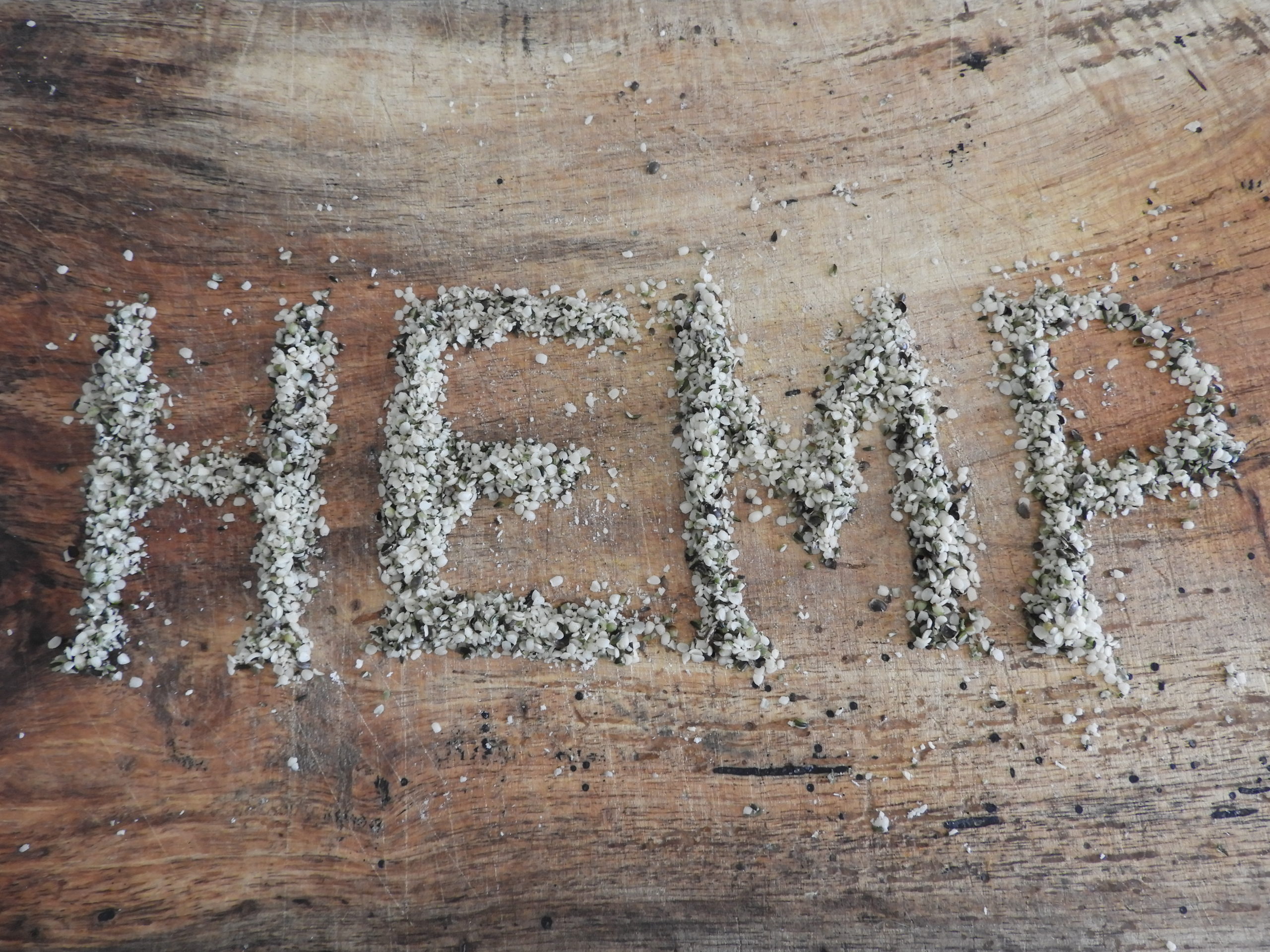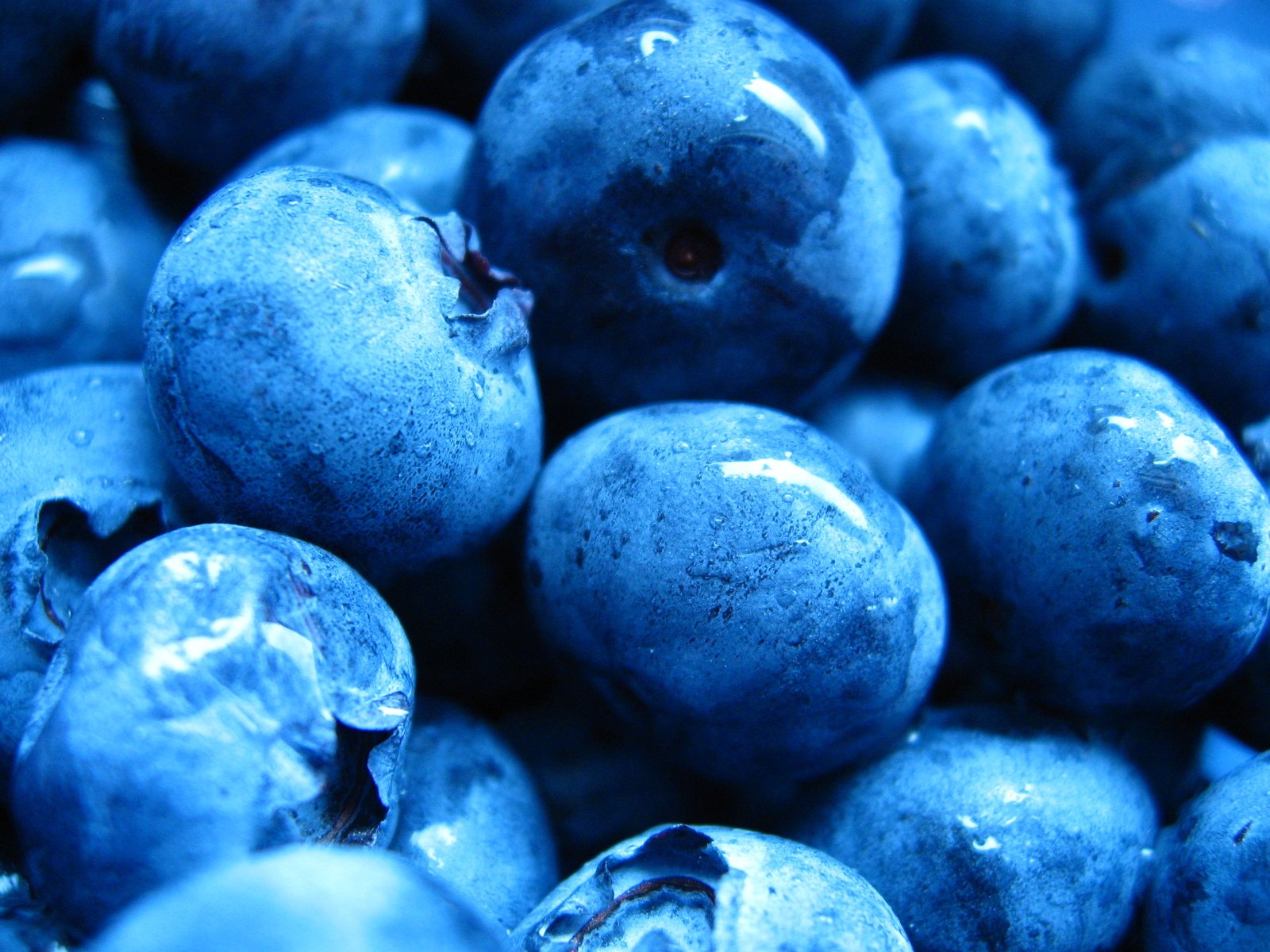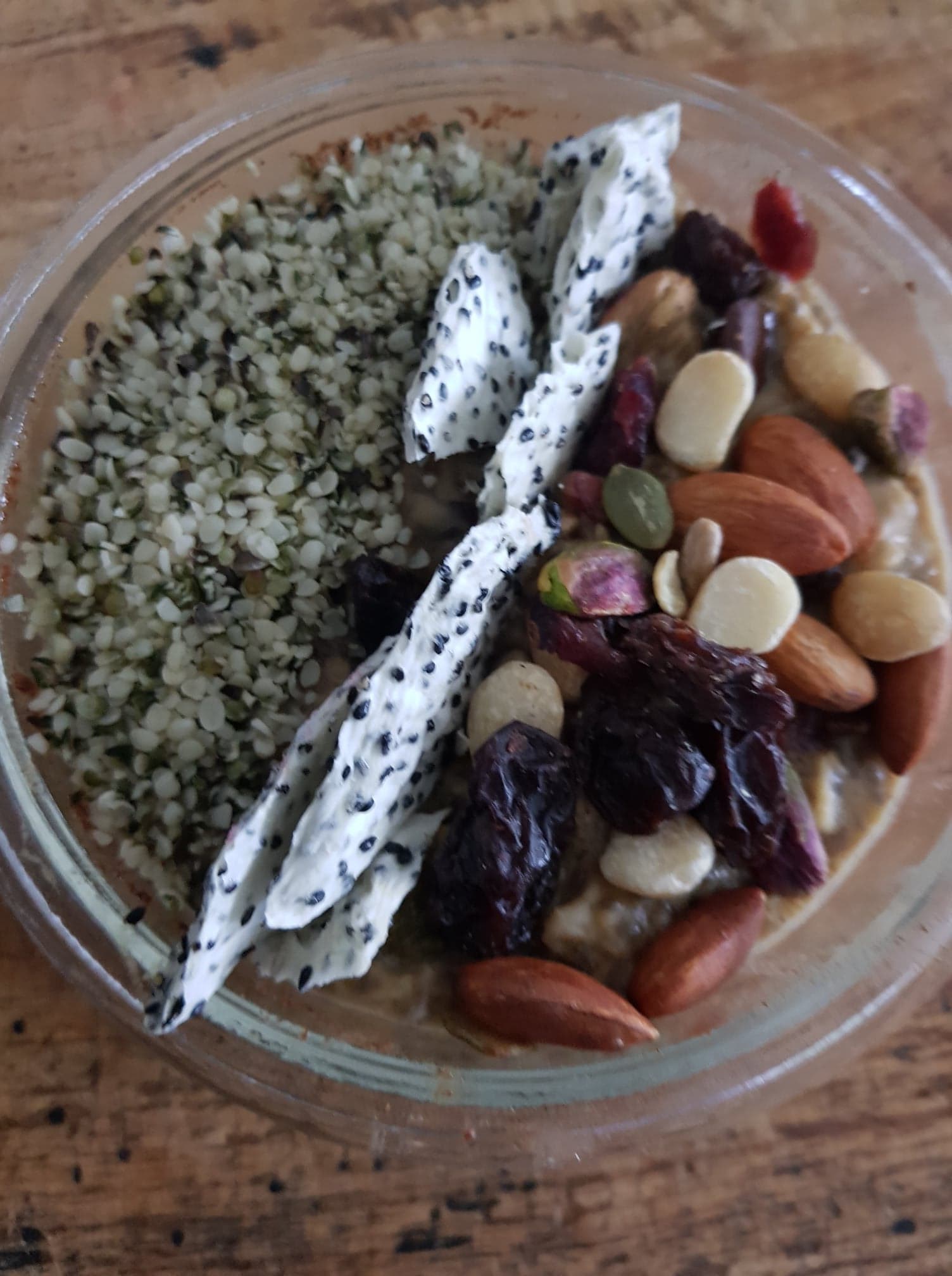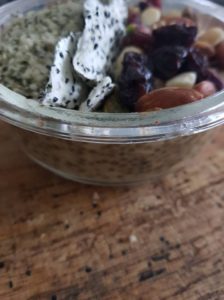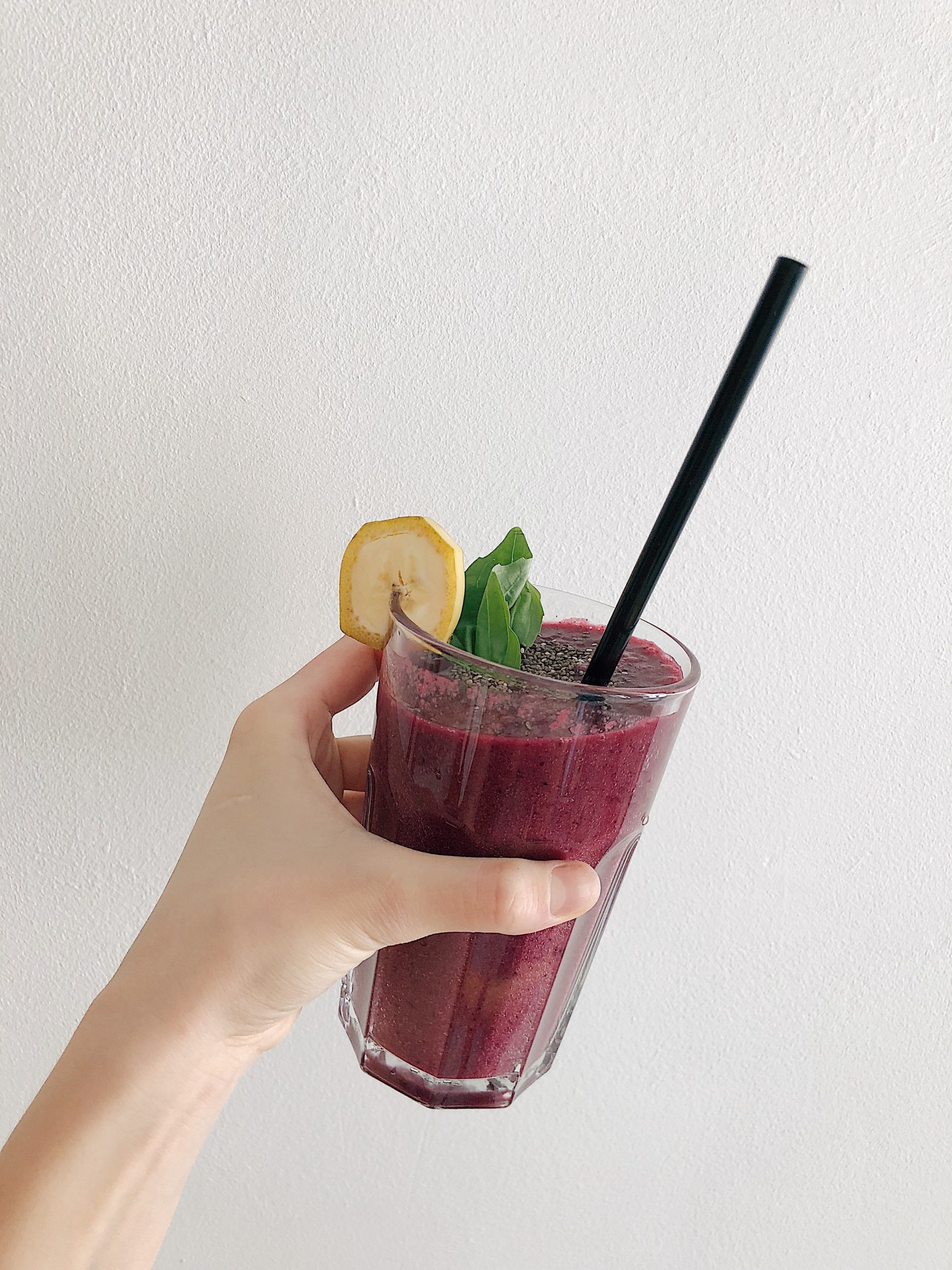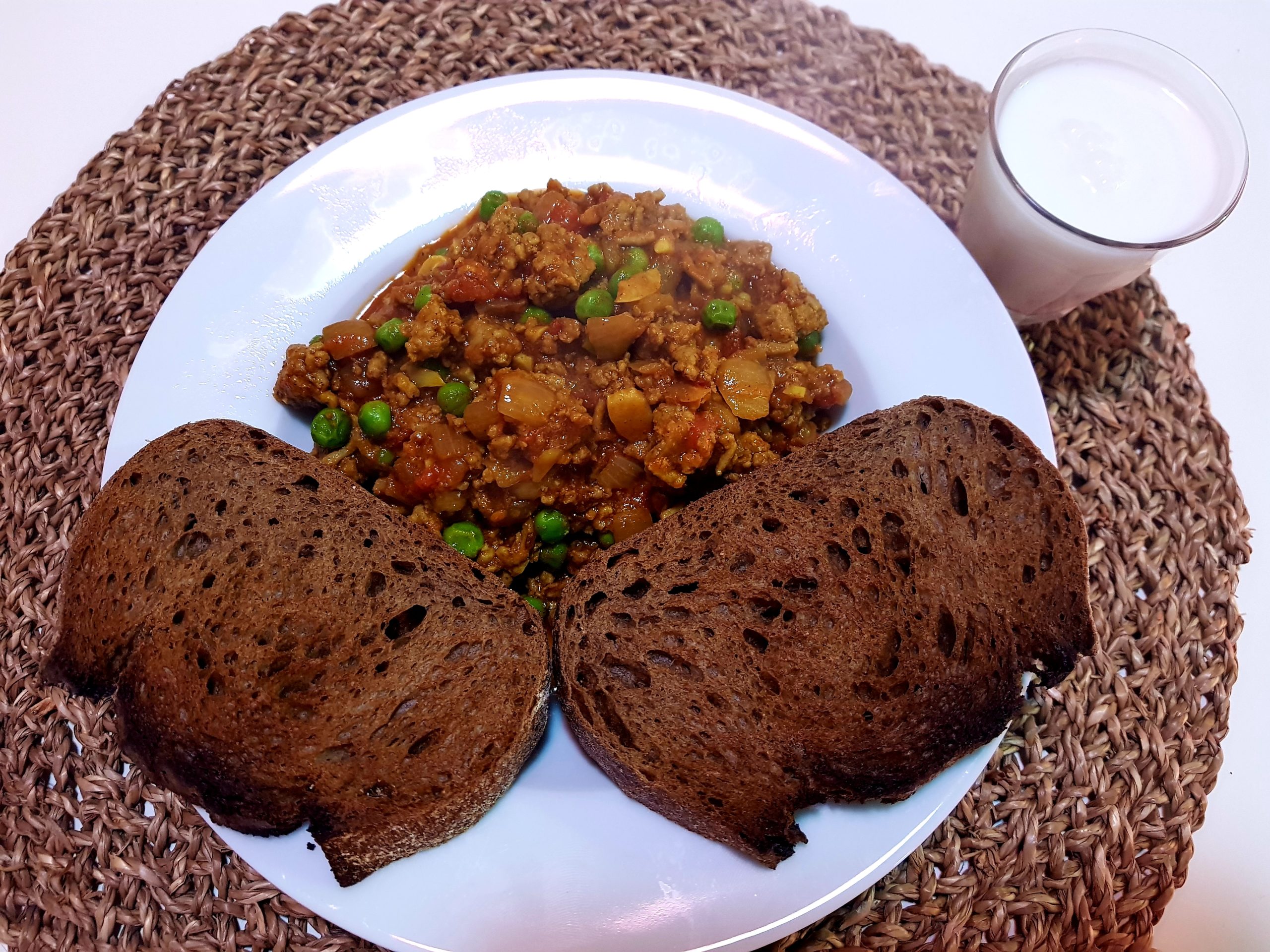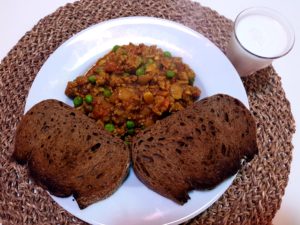Hemp is a member of the cannabis family… but NO it will not make you ‘high’.
It is because of its association with getting high that hemp was once banned for consumption in Australia and some other countries.
Despite this, it has now been approved for safe consumption in Australia under the Foods Standards Code, provided the product is confirmed to have low-psychoactive properties.
Research has in fact shown that hemp actually boast some pretty ‘Superfood-Like’ properties and may benefit our health in several ways.
What do hemp seeds taste like?
Hemp seeds have a slightly nutty flavour, but this is very subtle. They really do not taste like much at all. They do however, offer a nice texture when sprinkled over your foods as they have a crispy outer shell.
What nutrients do they offer?
Protein
Hemp seeds are approximately 25% protein, with most of the essential amino acids that our body requires to function at its best. Not only does this protein support the growth and repair of our muscles but it regulates our immune system, connective tissue including hair, skin and nails and keeps us feeling fuller for longer.
Healthy Fat
They also pack a health punch of omega-3 fatty acids. Omega-3 fatty acids reduce every day inflammation and inflammation associated with pain conditions such as PMS, arthritis, headaches and much more. They also support healthy brain function, regulate healthy cholesterol levels and keep our mood in check. Hemp seeds are a great alternative to fish oils.
Fibre
Hemp seeds contain significant amounts of fibre. Fibre is necessary for health bowel motions, regulating cholesterol, regulating blood sugar levels, keeping us feeling fuller for longer, assist with waste elimination and enhance the function of the health bacteria in our gut.
With all of these fantastic benefits it is no wonder people are flocking to healthfood stores and pharmacies to get their hands-on hemp products. Besides their many benefits they are also extremely versatile. You can sprinkle them over your breakfast for a satisfying start to the day, top your salads with a little crunch, throw them in a smoothie or mix them through a dip!
